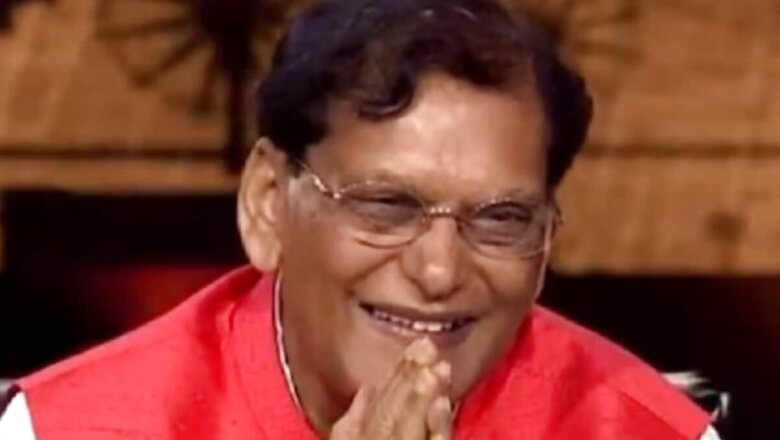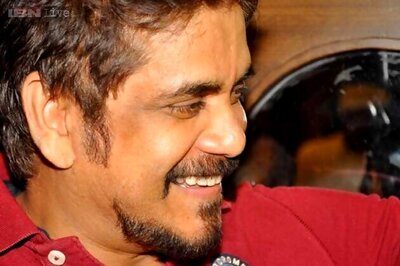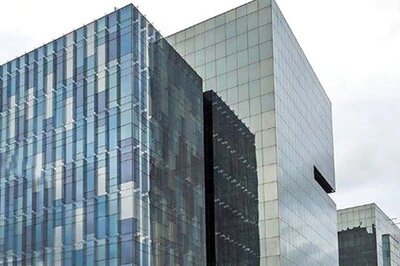
views
Bindeshwar Pathak, the man who made toilets a part of public discourse in India, breathed his last in New Delhi on Tuesday following a cardiac arrest.
Pathak founded Sulabh International in 1970 and became synonymous with public toilets and activism against open defecation in no time. He came to be known as “Toilet Man of India”.
He shared once that his father-in-law ridiculed him for his work saying his daughter’s life has been ruined as he cannot tell anyone what his son-in-law did for a living. Pathak is survived his wife, two daughters and a son.
Born in a Brahmin family in village Rampur Baghel in Vaishali district of Bihar, Pathak joined the Bhangi-Mukti (scavengers’ liberation) cell of the Bihar Gandhi Centenary Celebrations Committee in 1968 and he was intimately exposed to the problems of scavengers in India.
He found his calling when he travelled the country and stayed with manual scavengers as part of his PhD thesis.
With an aim to promote human rights, environmental sanitation, non-conventional sources of energy, waste management and social reforms through education, Pathak established the Sulabh International Social Service Organisation in 1970.
Designs pioneered by Pathak three decades ago of creating biogas by linking Sulabh toilets to fermentation plants, has now become a byword for sanitation in developing countries all over the world.
One of the distinctive feature of Pathak’s project lies in the fact that besides producing odour-free bio-gas, it also releases clean water rich in phosphorus and other ingredients which are important constituents of organic manure. His sanitation movement ensures cleanliness and prevents greenhouse gas emission. This technology is now being extended to South Africa to bring these facilities to rural communities.
Pathak is a recipient of Padma Bhushan, the Energy Globe Award, the Dubai International Award for Best Practices, the Stockholm Water Prize, the Legend of Planet award from the French senate in Paris, among others.
“You are helping the poor,” lauded Pope John Paul II while honouring Dr Pathak with International St. Francis Prize for the Environment, in 1992. In 2014, he was honoured by Sardar Patel International Award for Excellence in the field of Social Development.
In April 2016, Bill De Blasio, Mayor of New York City, declared April 14, 2016 as Bindeshwar Pathak Day.
All About Sulabh
With over 9,000 community public complexes in India, Sulabh is operating and maintaining toilets at railway stations and temple towns across the country. These complexes present in 1,600 towns have electricity and 24-hour water supply.
The complexes have separate enclosures for men and women. The users are charged nominal sum for using toilets and bath facilities. Separate spaces have been designated for men and women inside complexes. Some of the Sulabh complexes are also provided with bath with shower facility, cloak-rooms, telephone and primary healthcare. Sulabh reported a turnover of Rs 490 crore in the fiscal 2020.
Sulabh has also set up a number of vocational training institutes where liberated scavengers, their sons and daughters and persons from other weaker sections of society are receive training in various vocations like computer technology, typing and shorthand, electrical trade, woodcraft, leather craft, diesel and petrol engineering, cutting and tailoring, cane furniture making, masonry work, and motor driving.
From setting up an English medium School in Delhi for children of manual scavengers to providing financial assistance to the abandoned widows in Vrindavan or establish a museum of toilets in the national capital, Pathak and his Sulabh have always worked towards the upliftment of the marginalised.
Pathak once said he thought of setting up a museum of toilets after visiting Madam Tussauds. The museum is often listed among one of the weirdest museums around the world, but chronicles his journey that started in 1970s, when he decided to follow the path of Mahatma Gandhi on sanitation and to uplift the people in the lowest strata of society.
(With PTI inputs)




















Comments
0 comment